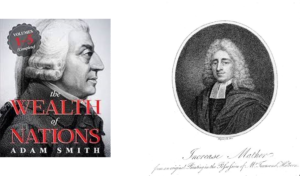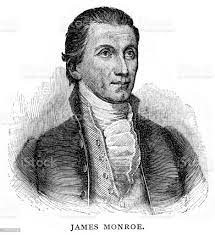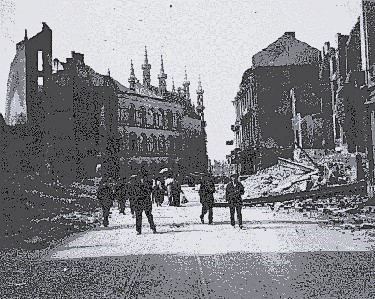Jul 30, 2023
It’s 5:00 pm on a Friday in June and you are in Medfield Center, standing at the corner of North and Main Streets. It’s eerily quiet. There are no cars, no trucks, no cement mixers clogging the intersection. One or two people saunter across the street without looking! You hear the wind stirring the leaves in the trees. You clearly hear the calls of cardinals, titmice, chickadees and warblers as they dart from tree to tree. The road is sandy dirt, rutted and littered with manure. It is 1723. Chores have been completed, dinner is being eaten and the town is settling in for the evening. Medfield is 74 years old and her selectmen are Henry Adams, Samuel Smith, Jonathan Plimpton, Solomon Clark and Abraham Harding. Medfield was still under the aegis of the British Empire at this time.
What else was happening in our town in 1723? According to William S. Tilden’s History of the Town of Medfield, Massachusetts 1650–1886, the street now known as Rocky Lane was laid out and the town petitioned the General Court to prevent a Mr. Thomas Sawing “to make a Dam Cross Charles River at natick least it prove a damage to our medows.” The princely sum of £26 was allotted for a grammar school and Mr. Jabez Wight was hired to teach in that school.
Beyond Medfield, Adam Smith, a Scottish economist and philosopher, and author of The Wealth of Nations was born, as was Increase Mather, New England Puritan clergyman and president of Harvard College for 20 years. The great English architect Sir Christopher Wren, probably best-known as designer of St. Paul’s Cathedral in London, died at the age of 90.
By 1823, the town had grown and the intersection of North and Main was undoubtedly a bit busier, but Tilden reports very little beyond the fact that “A collection was taken up in the Congregationalist church for a Mr. Farrington, of Wrentham, who had been burned out.” The amount of the collection was $26.05. It is worth noting that this is now post-Revolutionary War Medfield, so the currency has changed from pounds to dollars.
A Masonic Lodge was established on September 16th but dissolved in 1845. Charles Onion was appointed postmaster and held the office for thirty years. The rest of the country moved forward, when, on December 2, 1823, U. S. President James Madison delivered to Congress the 7th Annual State of the Union Address which contained all the elements of what was to be named, in 1850, the Monroe Doctrine.
William M. “Boss” Tweed, so often portrayed in a less-than-flattering light by cartoonist Thomas Nast, was born in 1823 and Clement Clarke Moore’s Christmas classic, A Visit from St. Nicholas, was published for the first time.
100 years ago . . . In January of 1923, Medfield residents saw the entire interior of the town hall destroyed by fire, causing the loss of many records. No doubt influenced by this disastrous event, the Medfield Historical Society began a drive to purchase the Peak House which, according to Richard DeSorgher’s History of the Town of Medfield Massachusetts 1887–1925, “resulted in its owner, Fred M. Smith, deeding it to the Society.” A treasure we appreciate to this day.
Despite the fact that Prohibition didn’t end until 1933, seven Medfield residents were arrested for drunkenness and one was apprehended for the “illegal sale of intoxicating liquor”.
The Medfield Public library, along with virtually every other library in the United States, donated $10.00 to the Louvain Library in Belgium, which had been destroyed during World War I. Lest this donation be seen as a minor event, one needs to be reminded that in 1914, Europe was at war and in the town of Louvain 248 people were killed and 1,500 were deported and enslaved at a place known as Munster camp. The Library of the Catholic University of Leuven, which was built in the 17th century was completely destroyed with the loss of over 300,000 volumes, including priceless medieval manuscripts.
So, as you’re sitting in your car in front of the Medfield Post Office at five o’clock on a Friday night, waiting to reach the intersection of North and Main Streets, think about those earlier times. Imagine yourself living without your car, your iPhone, your television, your indoor plumbing and especially modern medicine. Would you change places with those early settlers? Just a thought.



